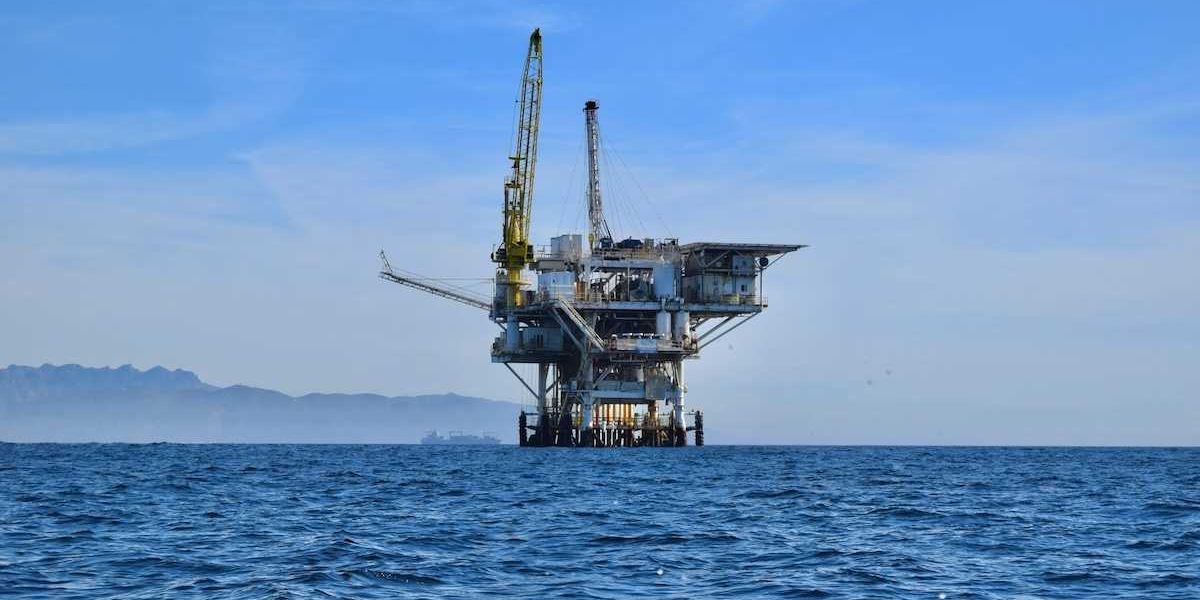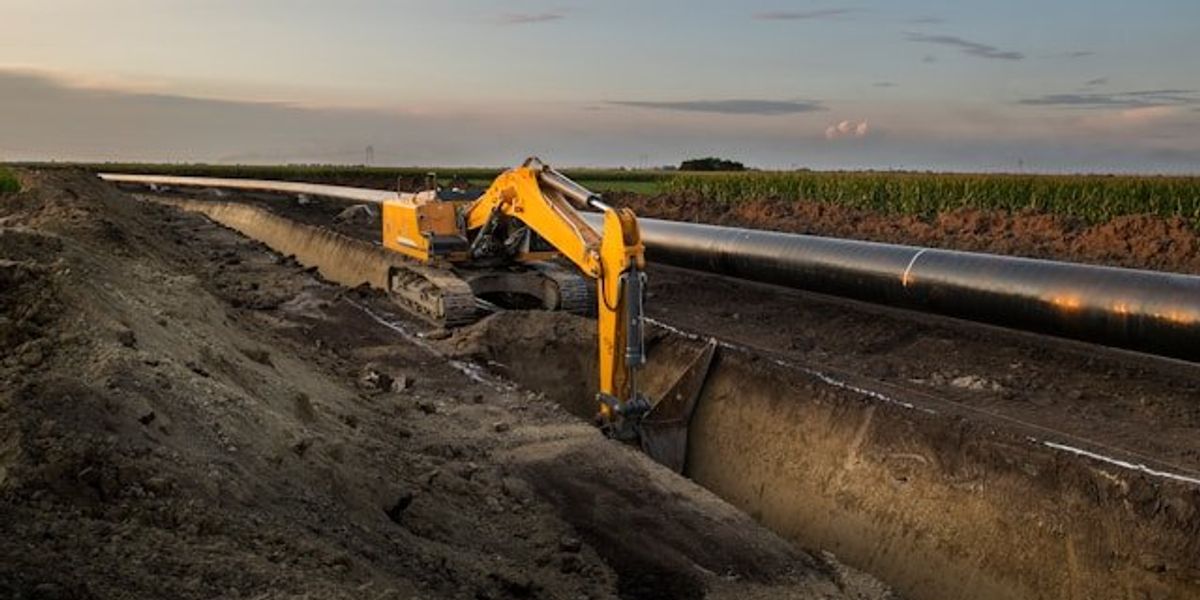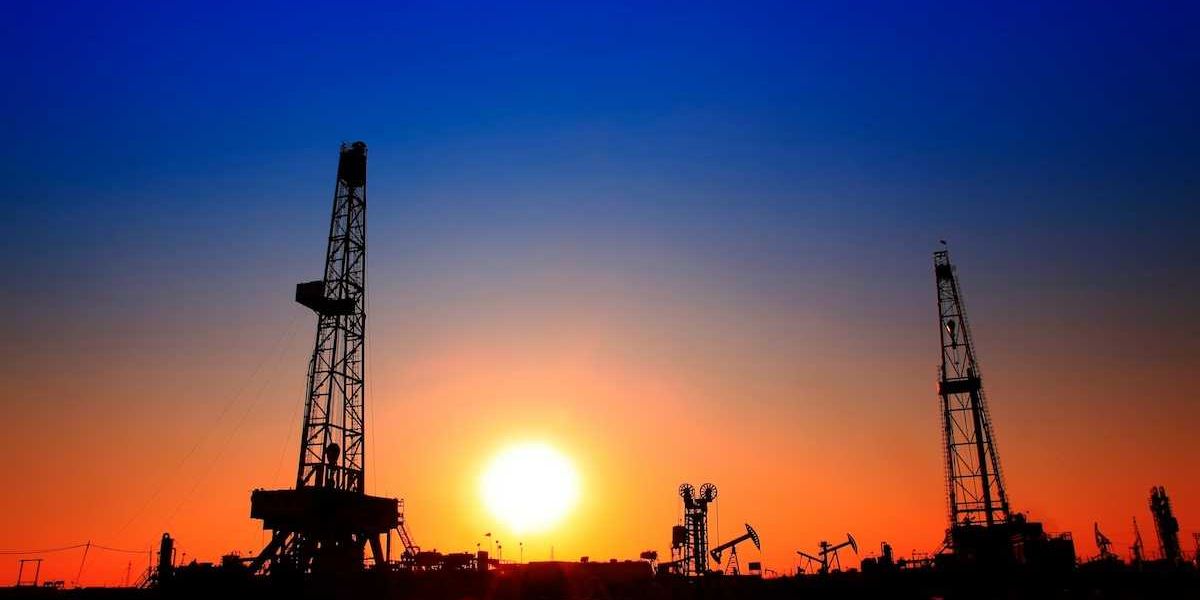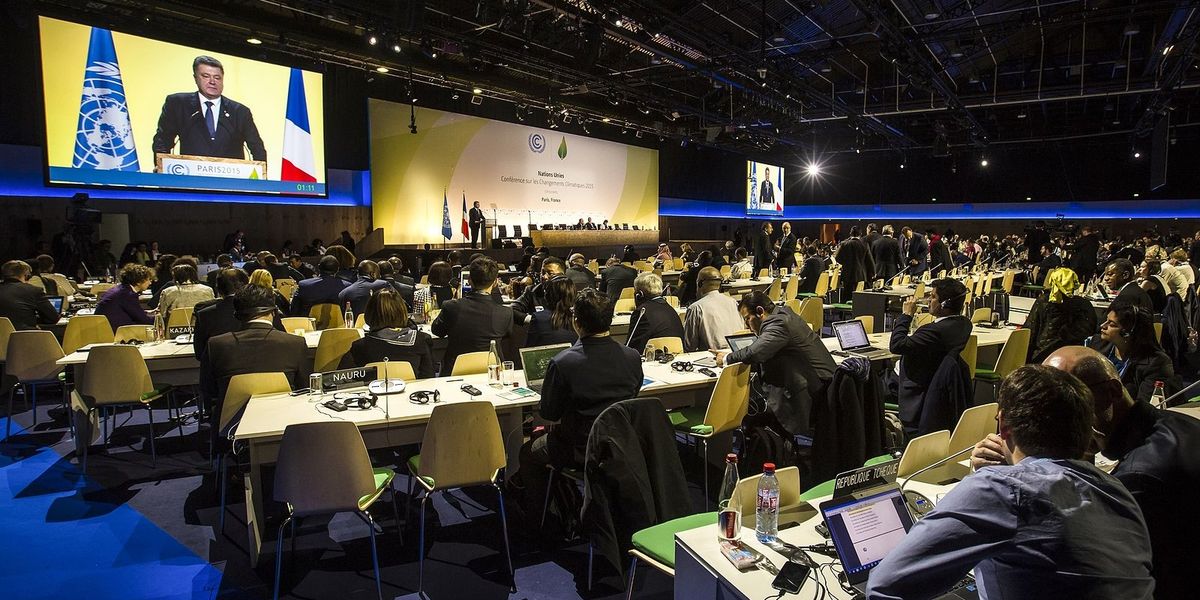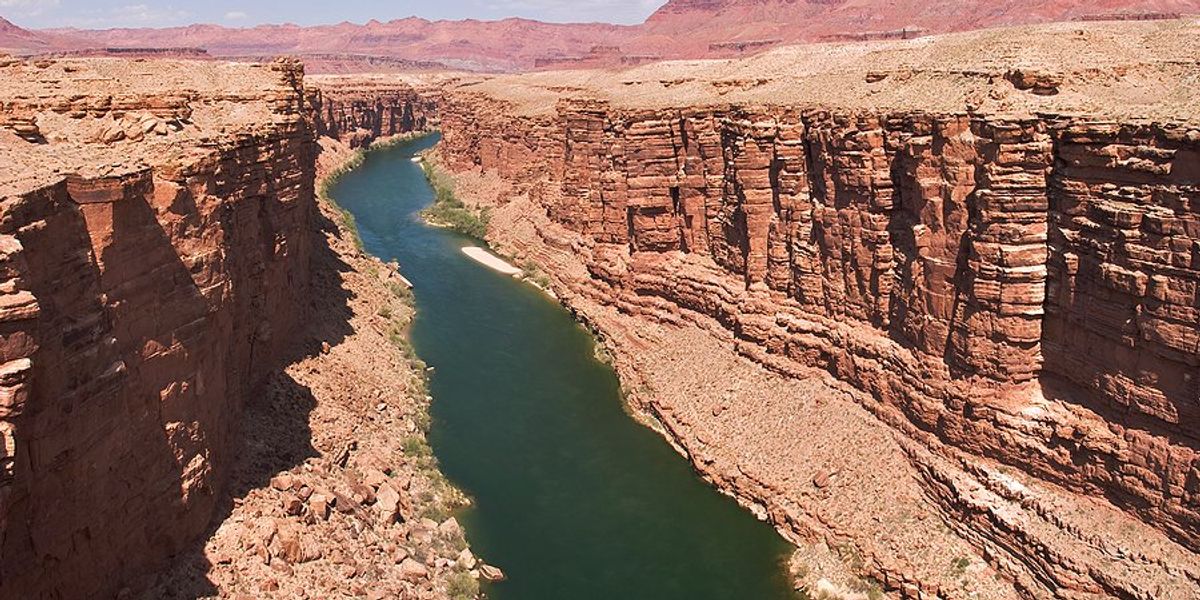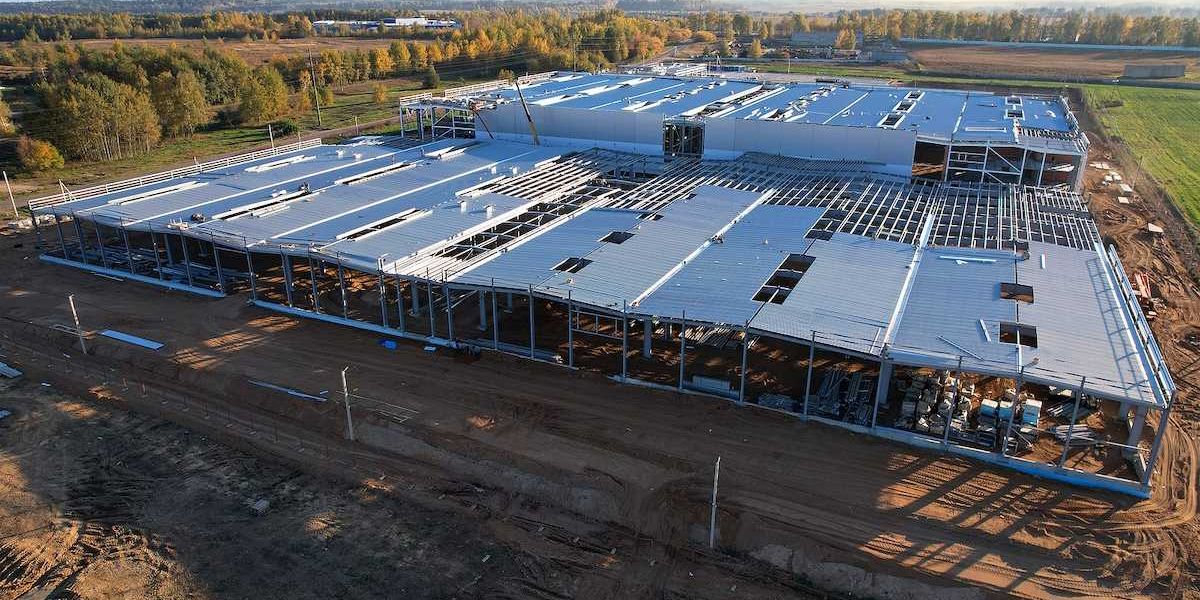
Prepare for a November surprise
Don't believe the polls; it'll be a race, by hook or by crook.
If there's one constant in American politics during my adult lifetime, it's that the Democrats can take any opportunity, any poll lead, or any safe bet, and completely f*ck it up.
Witness the final years of Ronald Reagan's presidency. A shadowy conspiracy, run out of the White House basement by a rogue Marine Lieutenant Colonel, secretly sold missiles to our enemies in Iran and then funneled the proceeds into arming brutal right-wing rebels in Nicaragua. The Dems botched the congressional inquiry, and just about everyone involved walked. Today it's barely mentioned as a part of Reagan's legacy.
In July of 1988, Democrat Michael Dukakis opened up a 17-point lead in the polls over Vice President George H.W. Bush, only to be crushed by Bush in the November election. Bush actually used his alleged environmental virtue to trounce Democrat Dukakis. Bush vowed to be the "environmental president," and in late August on the campaign trail said, "those who think we are powerless to do anything about the 'greenhouse effect' are forgetting about the 'White House effect,'" he said. And he slammed Dukakis for the sorry state of the polluted Boston Harbor.
When Bill Clinton and his uber-green running mate, Al Gore, denied Bush his re-election in 1992, environmentalists looked forward to years of promises fulfilled. And Clinton was indeed quick out of the gate, taking aim at a failing environmental law in his first State of the Union address: "I'd like to use that Superfund to clean up pollution for a change and not just pay lawyers." More than a quarter century and three presidencies later, Superfunds still languish, with a backlog of more than a thousand unfinished cleanups.
Even with Gore as his wingman, Clinton's environmental accomplishments came slowly in his first term. Then, when the Kyoto Accord on climate came along in 1997, Clinton saw overwhelming opposition in the Senate and never submitted the treaty for ratification.
In 2000, the Democrats won the popular vote by a million, but lost the presidency in the Electoral College in large part due to the contentious loss in Florida. What followed was eight years of unprecedented regulatory rollbacks and climate change denial.
Barack Obama's 2008 victory promised a reversal of fortune, but the 2009 Copenhagen Climate Summit ended in failure. So did a sweeping congressional climate change bill the following year. Obama's Chief of Staff, Rahm Emanuel, reportedly funneled subsequent White House efforts toward the Affordable Care Act. Not until the gains of the 2015 Paris Climate Accord did Obama once again emphasize climate.
And of course in 2016, overconfident Dems let Donald Trump overcome a three million popular vote deficit with narrow state-by-state victories and an Electoral College win, giving America a climate-denying administration and an anti-regulatory purge that will take years to undo.
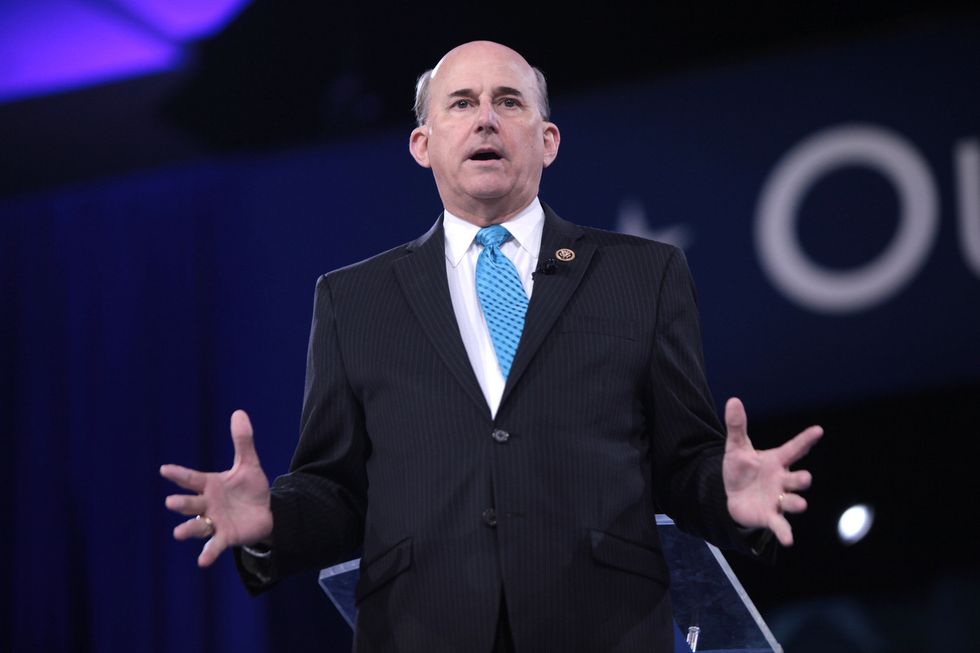
U.S. Congressman Louie Gohmert of Texas speaking at the 2016 Conservative Political Action Conference. (Credit: Gage Skidmore/flickr)
Here's something else to consider: The anti-regulatory, mask-hating subculture, like Trump's regulatory rollbacks and Judgeship appointments, will have impact for decades even if Trump loses on November 3. Eight-term Texas Congressman Louie Gohmert has gained a reputation among many as Washington's most reliable cartoon character. For example, in 2012 he extolled the virtue of oil pipelines as aphrodisiacs for Arctic caribou, who, he said, like to get it on when hanging out around the warm, flowing, viscous North Slope crude.
On Wednesday, the defiantly mask-less Gohmert assembled his Capitol staff and exhaled unto them the announcement that he tested positive for COVID-19. In a subsequent interview, he blamed his COVID-19 case on his own mask and the few occasions where he deigned to put it on.
For nearly half of the 20th Century, Gohmert's East Texas district was represented by one Democrat, Wright Patman. Through the Great Depression, World War II, the red scare, the Civil Rights movement, Vietnam and Watergate, voters returned Patman to the House until his 1976 death. Fast forward two decades from the end of the Patman era to Gohmert's 2005 election, and voters don't just reliably return the man Charles Pierce calls "The Emperor of the Crazy People" to office, they do so with 75 percent to 90 percent of the vote.
So, however compelling the poll numbers may seem right now, please remember three things for November 3:
- Democrats are historically capable of blowing just about any situation they're handed;
- Republicans, whether it's via the Electoral College, via Fox News, or via other circumstances, can just as easily turn it around; and
- One way or another, prepare to be surprised.
Peter Dykstra is our weekend editor and columnist. His views do not necessarily represent those of Environmental Health News, The Daily Climate or publisher, Environmental Health Sciences. Contact him at pdykstra@ehn.org or on Twitter at @Pdykstra.Banner photo:
Reserve Officer Training Corps (ROTC) Cadet Alyssa Skorich sanitizes a voting station at the Anthony Stratton Building in Lawrenceburg, Ky., June 12, 2020. (Credit: The National Guard)

